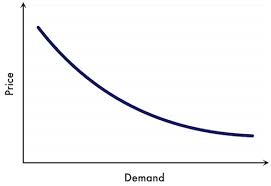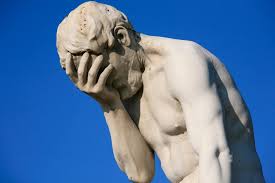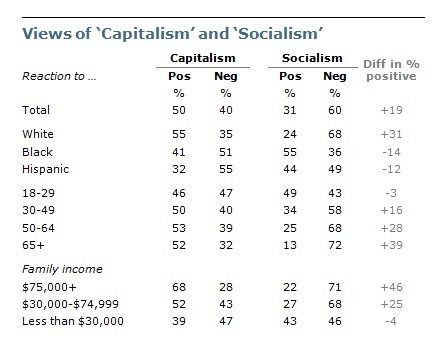 So much is said regarding ‘greed’ and ‘corporations’. Let’s not forget that until the advent of free trade and individual property rights – the common peasant was destined to farm the same land with the same tools as their ancestors.
So much is said regarding ‘greed’ and ‘corporations’. Let’s not forget that until the advent of free trade and individual property rights – the common peasant was destined to farm the same land with the same tools as their ancestors.
NEW YORK (MarketWatch) — Wal-Mart Stores Inc. pushed down prices for some generic prescription drugs to just $4 eight years ago, setting a new industry standard. Now it is trying to do the same for seeing a doctor.
On Friday, a Walmart Care Clinic opened in Dalton, Ga., six months after Walmart U.S., the retailer’s WMT, +0.27% biggest unit, entered the business of providing primary health care. It now operates a dozen clinics in rural Texas, South Carolina and Georgia and has increased its target for openings this year to 17.
An office visit costs $40, which Walmart U.S. says is about half the industry standard, and just $4 for Walmart U.S. employees and family members with the company’s insurance. A pregnancy test costs just $3, and a cholesterol test $8. A typical retail clinic offers acute care only. But a Walmart Care Clinic also treats chronic conditions such as diabetes. (Walmart U.S. also leases space in its stores to 94 clinics owned by others that set their own pricing.)
“It was very important to us that we establish a retail price in the health-care industry because price leadership matters to us,” said Jennifer LaPerre, a Walmart U.S. senior director responsible for health and wellness, in an interview.
Health Care is just another commodity that, when subjected to the free market, will bend to the advantage of the consumer.









